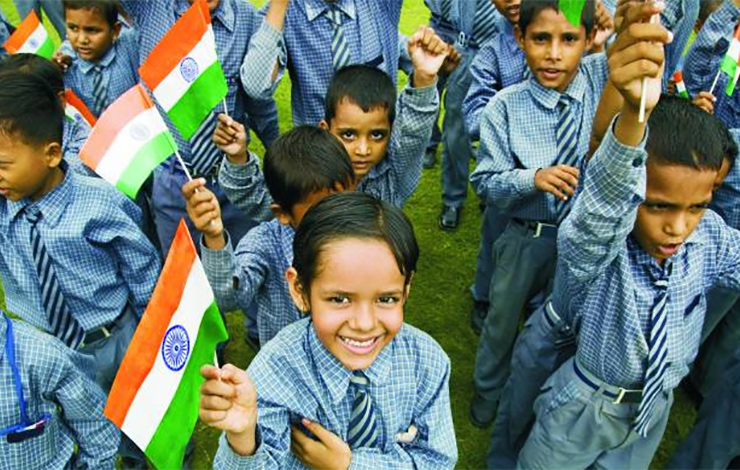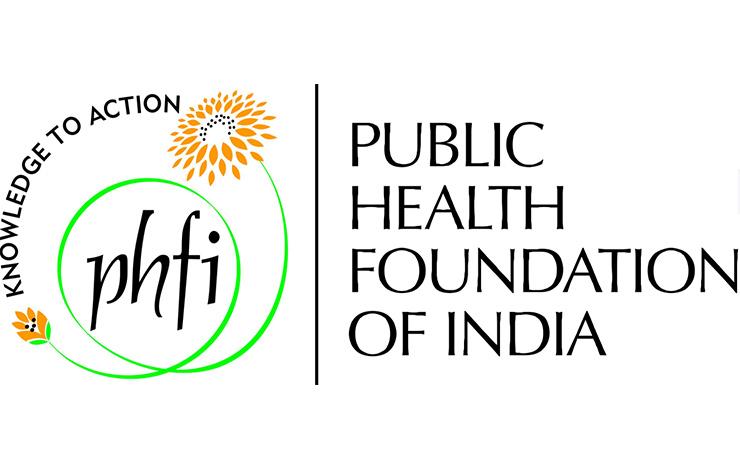In India, the urban poor are often unable to exercise their basic rights, such as accessing courts and social services. The Public Health Foundation of India (PHFI) developed an integrated plan to improve health, sanitation, and nutrition for people living in urban slums through legal empowerment training. The program also offered trainings to civil society and government agencies on how to assess and adapt to communities’ needs.
Challenge

Improving access to justice for low-income communities is often a low priority item on the agendas of developing countries. This means that the urban poor are usually unable to access entitlements and exercise their basic legal rights, such as accessing courts and social services (like health, sanitation, and education), having a legal identity, receiving basic labor protection, and exercising the right to own property. As a result, the urban poor are excluded from the legal discourse, denying them the opportunity to improve their lives, and thereby hampering the country's development.
Program Summary
The Public Health Foundation of India (PHFI) initiated activities to empower the urban poor by making legal structures more accessible. An 18 month study was conducted, which was comprised of three phases;
- Phase One: PHFI organized meetings for relevant stakeholders and prepared a literature review of the secondary data available;
- Phase Two: PHFI conducted a situational analysis study of the current status of rights awareness and the nature of access to justice among the urban poor; and
- Phase Three: PHFI developed an action plan for sustained progress, and created training programs for community representatives, civil society organizations, government agencies and academic institutions.
Impact
PHFI trainees have since taken it upon themselves to assess community needs regarding health, sanitation, and nutrition. In addition, the partnerships and knowledge-sharing among trainees resulted in several tangible successes. For example, within days of submitting an RTI request in New Delhi, clogged sewers were cleaned and uncollected piles of garbage were removed from a number of communities. This success inspired further collective action around water scarcity and access to health dispensaries. After attending PHFI’s training programs, community members expressed a new confidence and empowerment in dealing with government officials.
Partners
PHFI conducted the training programs in collaboration with:
- The National Human Rights Commission of New Delhi
- The Urban Health Resource Centre
- Action India


